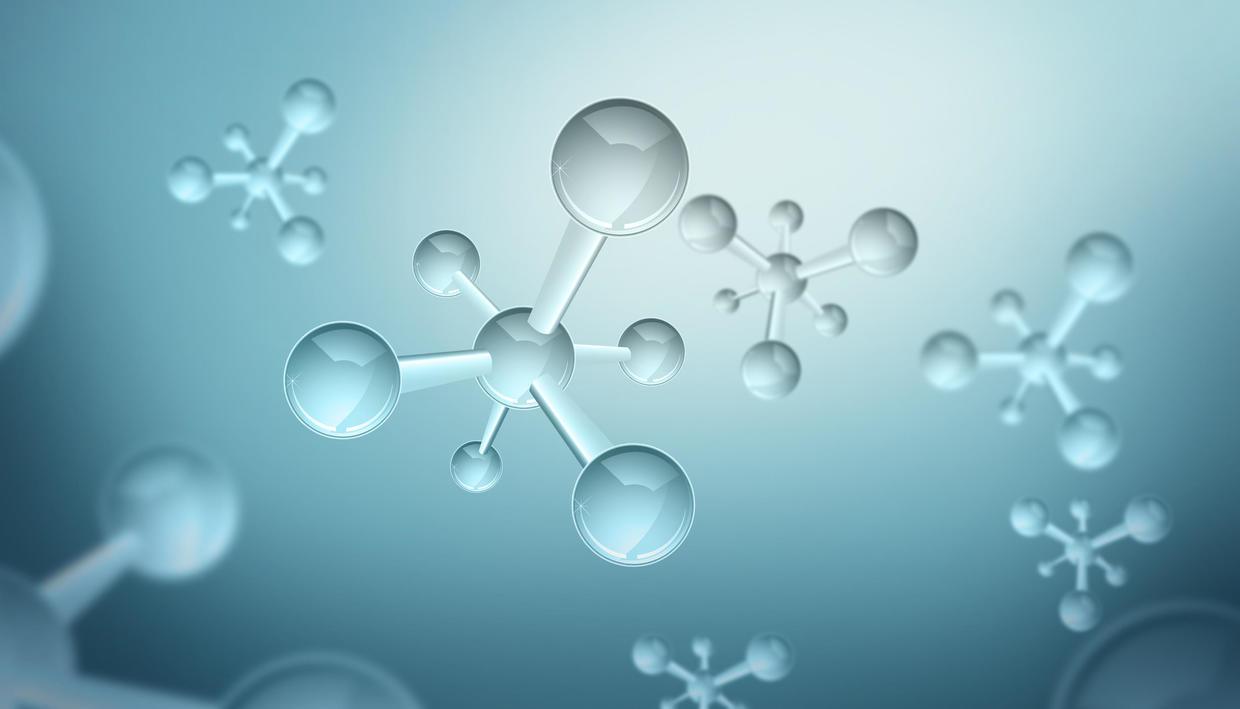膠原蛋白是維持肌膚的營養關鍵,其佔人體蛋白質總量的四分之一,對皮膚和身體都是一種不可或缺的存在。 但由於膠原蛋白會隨著年齡的增長而迅速流失,因此適當地補充才能幫助維持肌膚的健康。
什麼是膠原蛋白?
膠原蛋白是構成各種細胞外間的聚合物,主要存在於結締組織中。 膠原蛋白是動物內含量最多的蛋白質,約佔人體蛋白質的25%-35%,分佈在全身各個組織器官,如骨骼、軟骨、韌帶、皮膚、筋膜等。 膠原蛋白作為結締組織的黏合物質,以提供相關結構一個穩定而有力的支撐架構。
膠原蛋白的類型﹕
膠原蛋白有很多類型,而最常見的是第一、二、三型。
第一型膠原蛋白
為最常見的膠原蛋白,幾乎存在於所有結締組織裏,包括骨骼、韌帶、肌腱、血管和角膜等。 這類型的膠原蛋白可從天然食物和營養補充品攝取,來維持和增長肌肉、體重管理、肌膚保養。
第二型膠原蛋白
主要存在於軟骨、椎間板和眼睛裏,軟骨裏的膠原蛋白有95%是屬於第二型膠原蛋白。 這類型的膠原蛋白同樣地可從天然食物和營養補充品攝取,來維持關節健康。
第三型膠原蛋白
常見於肌膚、肺、肝、腸和血管等彈性組織,並與第一型膠原蛋白併存。 通常攝取到第一型膠原蛋白同時能補充到這類型的膠原蛋白,以維持肌肉和肌膚健康。
第五型膠原蛋白
可在頭髮、牙齦組織、小腸、淋巴組織、骨骼、肌肉裏發現小量的第五型膠原蛋白。 這類型的膠原蛋白有助第一型和第三型的膠原蛋白發揮效能,並常常與第三型膠原蛋白同時出現。 此外,此類膠原蛋白也常見於胎盤裏。 這類的膠原蛋白不易取得,主要在蛋殼膜及多重膠原蛋白的保健食品。
第十型膠原蛋白
存在於健康的骨骼組織裏,特別是接近關節的四周。 這類型的膠原蛋白不容易從天然食物中攝取,亦很難找到此類型膠原蛋白的單方面保健食品,但可在複方的膠原蛋白營養補充品找到它的存在。
膠原蛋白流失的原因﹕
年紀增長
有研究發現40歲以上人士,真皮層的膠原蛋白每年會減少1%,失去膠原蛋白的肌膚,肌膚因而失去彈性,並出現皺紋問題。
過度日曬
紫外線中的UVA會破壞真皮層裏的膠原蛋白,減少肌膚的膠原蛋白,並影響膠原蛋白的合成。
攝取過多糖分
葡萄糖會影響膠原蛋白的合成作用,使膠原蛋白纖維產生鏈結並形成糖化終展物(AGEs)。
吸煙習慣
有研究指出吸煙會影響膠原蛋白合成,並增加患上關節炎的風險。
睡眠不足/壓力過大
睡眠不足及壓力過大會使身體產生自由基,並破壞皮膚的膠原蛋白,加速肌膚老化。
膠原蛋白的功能﹕
保護皮膚有助彈性伸展
皮膚是人體結構中最大的組織,亦是膠原蛋白含量最豐富的組織。 膠原蛋白可為皮膚提供適度的伸展性,使四肢及身體活動時,皮膚有足夠彈性及韌性來保護身體。
強健骨骼 減少鈣流失
骨骼中含膠原蛋白,令骨骼既堅固且有柔韌性,不易折斷。 膠原蛋白能促使骨骼的鈣質與骨細胞結合,改善骨質密度,阻止鈣質流失,有助骨骼健康。
活化關節 修補新生
肌腱是骨骼與肌肉連接的部位,主要成份是膠原蛋白;而骨與骨之間的軟骨亦含有膠原蛋白。 膠原蛋白有助軟骨修補新生,減少活動時關節軟骨的磨損,減低退化性關節炎出現的機會。
抗皺緊緻令皮膚年輕
膠原蛋白能幫助肌膚鎖住水份,保持水潤。 當皮膚含有足夠的膠原蛋白,能強化真皮層的網狀纖維,令皮膚維持彈性。 同時,能修補及支撐塌陷組織,還提供抗皺、淡化細紋的功效。
膠原蛋白的種類﹕
天然食物
膠原蛋白食物大多存在於動物體內,例如豬腳蹄、豬皮、牛蹄、雞腳、雞翅、雞皮、魚板、魚翅及軟骨等,其中以魚類膠原蛋最佳,因為魚類膠原蛋白組成結構與人體最接近,最容易被身體組織辨識吸收。 但是,這些膠原蛋白的食物多半是高熱量、高脂肪,不適宜大量或經常食用。
口服營養品
坊間有不少的膠原蛋白補充品,主要有膠原蛋白飲、膠原蛋白粉、膠原蛋白丸或膠原蛋白啫喱等。丸狀雖比較容易攜帶也方便服用,但膠原蛋白含量通常比同重量的粉末低;粉末雖可以各種美食混合一同食用,讓口味變得多元化,但食用較麻煩及身體難以吸收;液態及啫喱狀膠原蛋白產品,身體會較易吸收。
什麼時候補充膠原蛋白的吸收率為最高?
由於空腹時人體的吸收力是最強,因此膠原蛋白在此時攝取的吸收力最高,建議在早上起床時或三餐前食用。
上述為膠原蛋白的類型及其重要性。 而最有效率的補充方法便是食用膠原蛋白的食品。
富美健的健美肽含主要兩種蛋白肽(日本膠原蛋白肽及日本鰹魚彈性蛋白肽),能補充身體流失的膠原蛋白及彈性蛋白。 當身體吸收健美肽後,便能造成第一、二、三型的膠原蛋白,達致維持肌膚、軟骨組織及肌肉和器官細胞健康三大功效。
同時,健美肽的膠原蛋白胜肽是經過分解加工的小分子產品,能幫助身體減少消化的負擔,並直接快速地提供所需營養。 糖分方面,採用甜菊糖代替葡萄糖,避免因攝取過多糖分而影響膠原蛋白合成,適合關注血糖人士食用。
此外,健美肽的成份含大量維生素C,包括﹕挪威天然藍莓原液及大溪地天然諾麗果原液。 維生素C可促進膠原蛋白的合成,讓營養補充得到雙乘的效果,全方位補充膠原蛋白!



